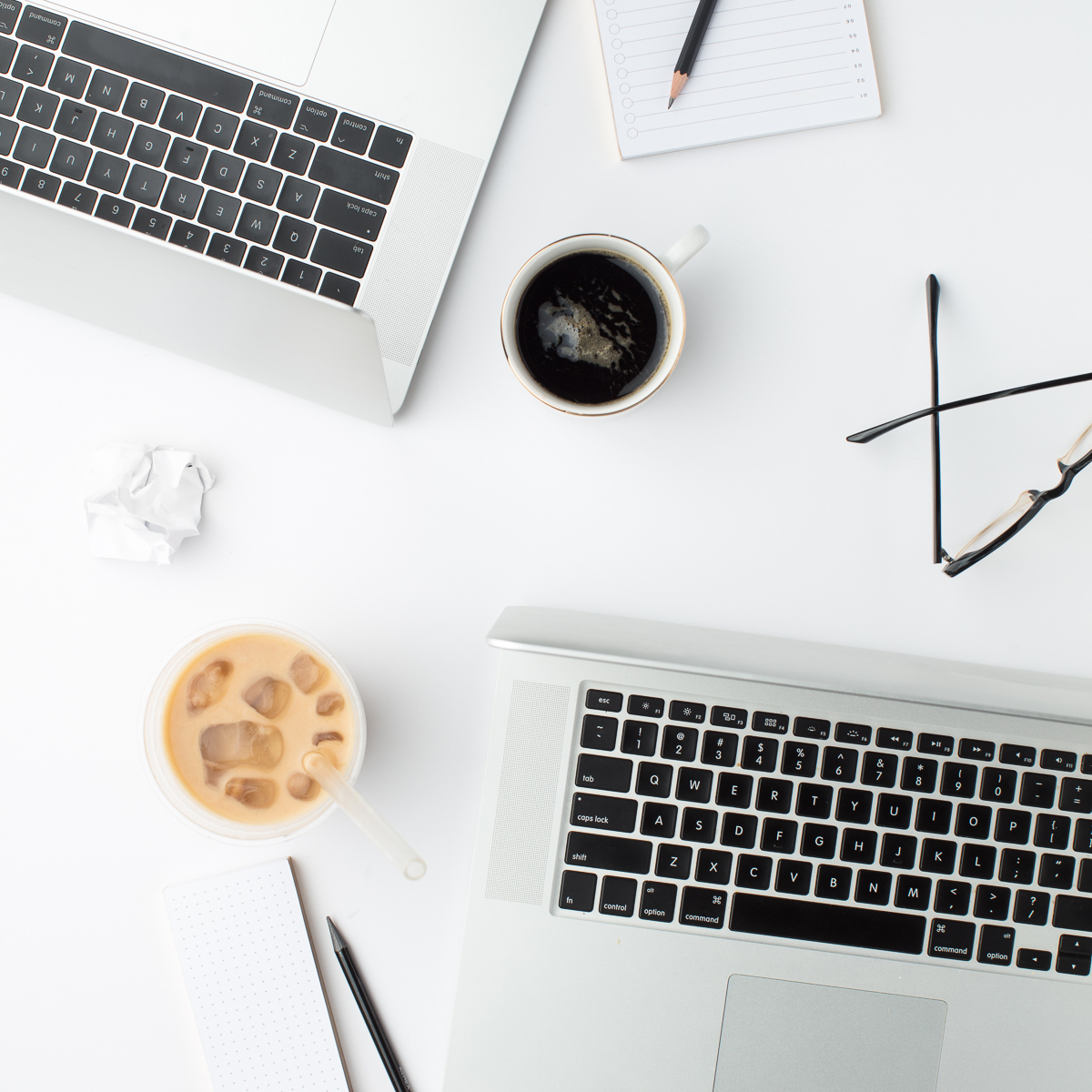It’s a popular concept in the world of email productivity. You know the one. Where the number of your unread emails is so low that you regularly attain inbox zero. Maybe you’ve heard it from a friend or read it in a self-help book. I used to have this fantasy whenever I was stressed out, short on time and had just missed or lost an important email. The nagging anxiety would stay with me for the rest of the day, this fear that I’m missing something of essential importance. Suddenly I feel like having a perfectly organized inbox is the only solution. I become fixated on this idea and end up spending time that I didn’t have obsessively cleaning out my inbox. It’s like falling down a habit hole. I come out an hour later, and I wonder, is this the best use of my time?
I was grappling with the idea of inbox zero when I came across a social media post by psychologist and author Adam Grant. In his post, Adam says, “Burnout isn’t due to a lack of motivation. It’s caused by a shortage of capacity. There are more interesting people and projects in the day. The question isn’t whether you have interest. It’s whether you have bandwidth. Enthusiasm is boundless. Time is finite.”
This put things into perspective for me. Instead of obsessing over email to the exclusion of everything else, I started to look at the big picture. If I were to make a list of all the things I want to do, keeping my limited and, therefore, precious time and energy in mind, where would having a “perfect” email inbox land? For me, it would be so far down the bottom of my list it might as well get the boot. But email is still clearly a problem, so what do I do?
In her book, The Sweet Spot, Christine Carter, Ph.D., explores the idea of the “minimum effective dose” as it applies to our everyday lives. The minimum effective dose is the lowest dose of a drug that produces the desired effect. In her book, she says, “I had to find the MED in everything in my life: sleep, meditation, blogging frequency, checking my email, school volunteering, homework help, date nights, quality time with my kids, housework. I had to accept that more was not necessarily better and that our go-go-go culture was pushing me not only beyond my MED but beyond the “maximum tolerated dose,” the level at which an activity (or drug) becomes toxic and starts causing an adverse reaction.”
This idea of MED made me think about my approach to doing dishes. My husband and I live in a beautiful cottage built in the 1920s. The kitchen doesn’t have room for a dishwasher, so we do all our dishes by hand. As you can imagine, dishes can get out of hand quickly without a dishwasher. The first thing I did to keep our dirty dishes under control was to hide half our plates, cups, and bowls in a cabinet that requires a step stool to access. This way, if all our easy-to-access dishes are dirty, and we need a clean plate, we’re more likely to just clean that dish than climb up on the stepstool to grab one.
This still regularly left us with a sink of dirty dishes, and with a busy schedule and a long to-do list, the idea of doing all the dishes was overwhelming. Then I realized that I didn’t have to clean ALL the dishes. If I had a break between client calls, I could clean one dish. If I was exhausted after a long day, I could clean one dish. And sometimes, I do just clean just one dish, but most of the time, I get into a groove and accidentally clean most or all of the dishes. Knowing that I don’t HAVE to do it all takes the pressure off and makes a task that was overwhelming almost effortless.
I started to apply this “one dish” approach to cleaning up my email inbox. Now If I have a few minutes, I unsubscribe from one or two of the more annoying email newsletters. Or l archive all the emails I know without opening that I don’t need to read. If I come across an email from an important sender, I mark that email address as a VIP so it is automatically highlighted in my inbox. If I receive a message that takes less than 2 minutes to respond to, I do it right away, and If it requires more time, I add it to my to-do list.
With this approach to email, I occasionally and accidentally reach inbox zero. But I no longer care about inbox zero because email no longer brings me anxiety. I see the messages that are important, and there are fewer messages that aren’t.
This is the minimalist approach I take when working with clients to organize their files. When people come to me, they are often overwhelmed and stressed out. They don’t have the bandwidth to maintain an elaborate organizational system. This I, why I focus on helping my clients identify a few realistic keystone habits that will have the biggest impact without requiring too much time and energy.
What is one quick action you can take today to make your life easier?

Leave a Reply